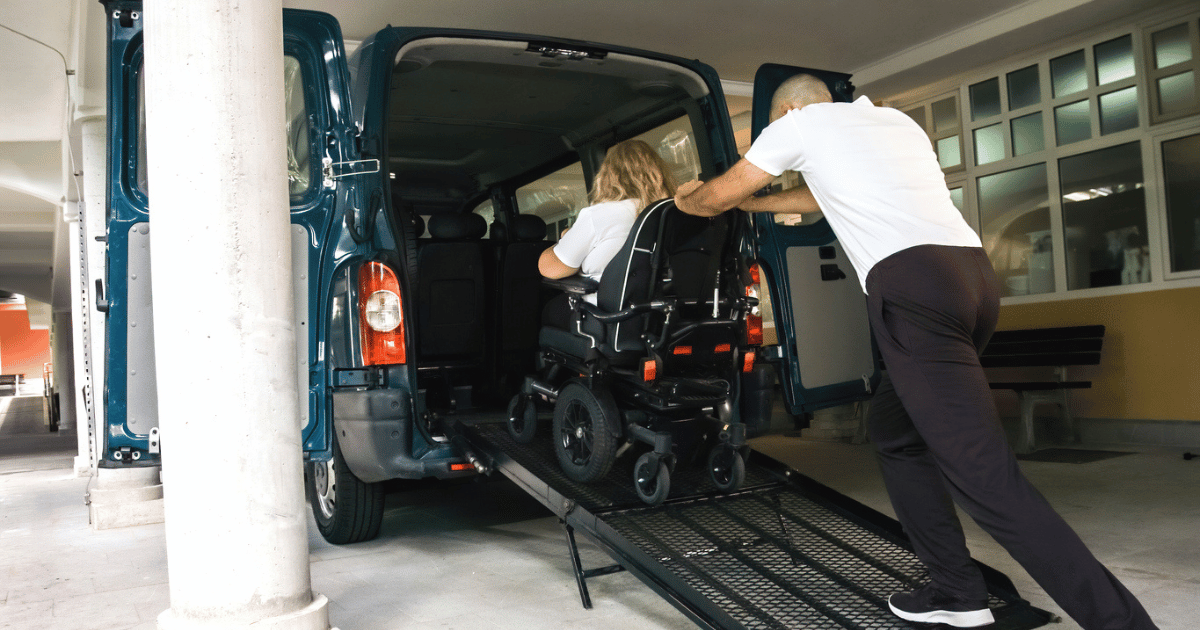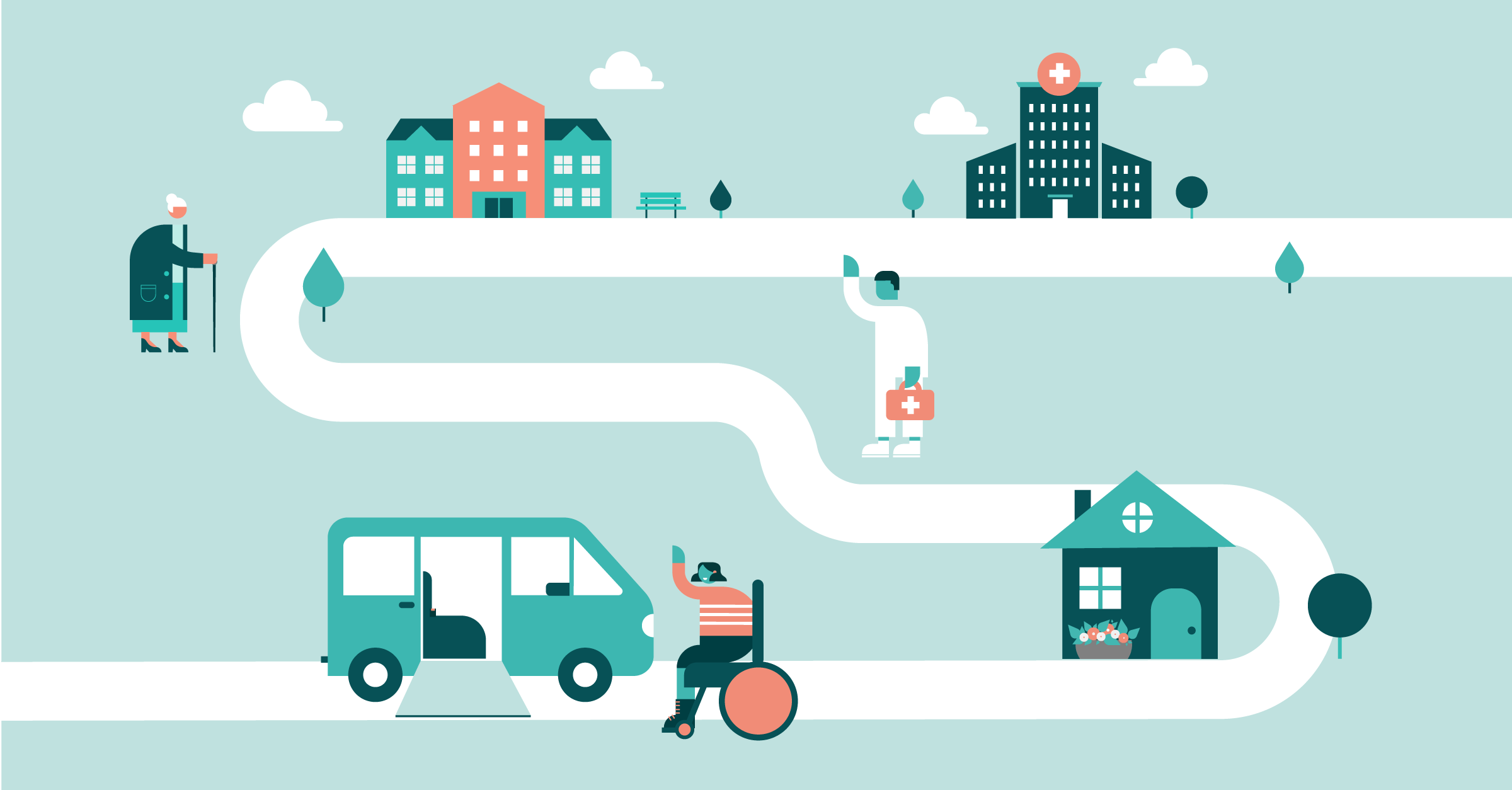Cost Effective and Accessible Medical Transportation Options for Every Situation
In the world of medical care, the ability to gain access to medical services is vital, yet the challenge of budget-friendly and obtainable transport can usually hinder people from receiving needed treatment. By checking out specific clinical transport services, neighborhood transport programs, ride-sharing and taxi services, non-emergency clinical transportation, as well as public transit and paratransit alternatives, individuals can discover methods that provide to their certain requirements and ensure they receive the treatment they require.
Specialized Medical Transportation Services
Specialized medical transport solutions play a vital role in making certain secure and efficient transportation for people requiring specialized treatment throughout transportation. These services provide to clients with unique medical requirements, such as those requiring consistent tracking, specialized devices, or medical treatments throughout transportation. By utilizing specially equipped cars and skilled clinical workers, specialized medical transportation services make sure that individuals obtain the necessary treatment while being transported in between medical care centers, homes, or various other places.
One key element of specialized clinical transportation services is the emphasis on person convenience and safety and security. Medical transport groups are educated to manage different medical conditions and emergency situations that may emerge throughout transportation, giving a higher level of care than traditional transport choices. Furthermore, these services usually provide door-to-door help, minimizing the stress and pain that people may experience during transfers.
Community Transportation Programs
Having actually attended to the critical role of specific medical transport services in making certain secure and efficient transport for individuals with special clinical demands, the emphasis currently changes to analyzing Area Transportation Programs - medical transportation. These programs play an important duty in offering budget friendly and easily accessible transport solutions for the basic populace, including seniors, people with impairments, and low-income families that may encounter challenges in accessing conventional transportation alternatives
Community Transport Programs encompass a series of services such as fixed-route buses, paratransit services, volunteer vehicle driver programs, and ridesharing efforts. These programs are often supported by city governments, non-profit organizations, or private firms to make sure that individuals have reliable transportation alternatives to reach medical visits, food store, social tasks, and other crucial locations.
Ride-Sharing and Taxi Providers

Among the vital benefits of ride-sharing and taxi solutions is their availability. These solutions operate 24/7, permitting people to travel to medical visits, pharmacies, or medical facilities at any moment of the day. Additionally, ride-sharing and use this link taxi services deal with people with mobility challenges by providing wheelchair-accessible cars upon request.
Furthermore, ride-sharing and taxi services can be especially beneficial for individuals residing in locations with limited mass transit options. By linking the gap between home and healthcare facilities, these solutions play a critical function in making certain that everybody has accessibility to crucial clinical solutions.
Non-Emergency Medical Transport

Non-Emergency Medical Transport carriers typically use trained personnel that are experienced in helping individuals with varying clinical demands (medical transportation). These specialists make certain that people are securely transported to their destinations in a timely manner, resolving any particular needs or clinical equipment check that essential during the journey. By supplying door-to-door solution, Non-Emergency Medical Transportation enhances the total availability of healthcare for people who may otherwise have a hard time to attend vital clinical appointments. Generally, these solutions contribute substantially to boosting medical care outcomes by assisting in the smooth transport of patients to non-urgent medical facilities.
Public Transit and Paratransit Options
Public transit and paratransit options use necessary transport services for people with differing wheelchair demands, making certain access to crucial locations such as clinical facilities and consultations. Public transit systems, consisting of buses, trains, and trains, offer an affordable and widely offered mode of transport for individuals looking for to get to medical consultations. These services are specifically helpful for those who might not have accessibility to personal vehicles or need aid because of movement obstacles.
Paratransit services provide specifically to people with disabilities that are incapable to utilize traditional mass transit. These solutions use door-to-door transport, accommodating people with mobility devices, pedestrians, or other mobility aids. Paratransit lorries are furnished with features such as mobility device ramps and securement systems to guarantee the safe and comfy transport of travelers with varying wheelchair needs.

Final Thought
